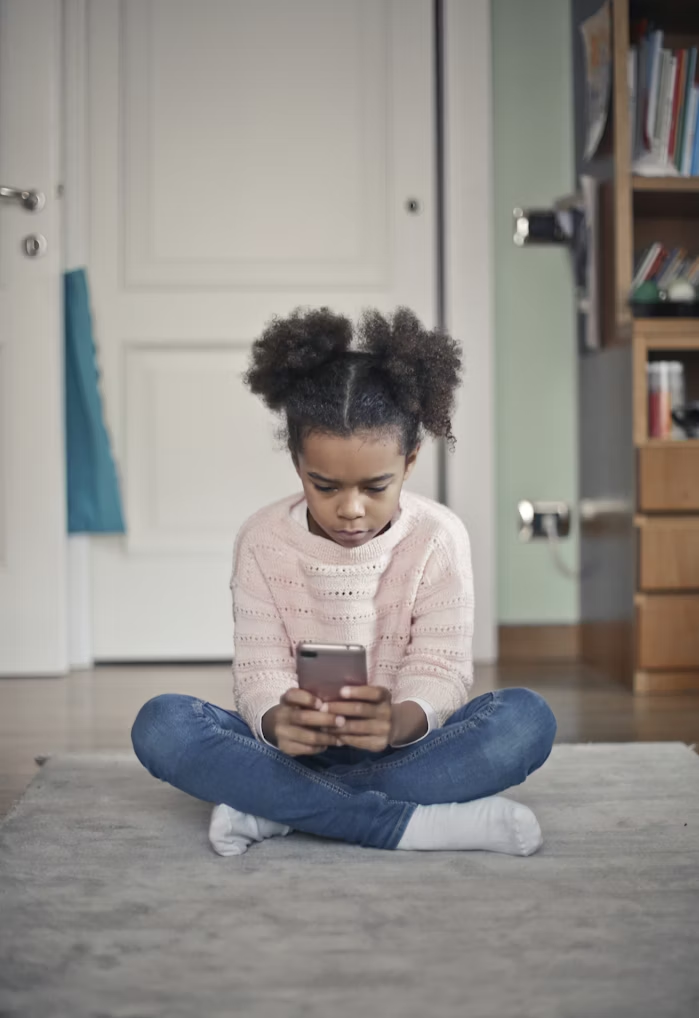Are They Hurting Your Kids?
High-conflict divorces and co-parenting with a narcissistic or chaotic ex can push you to seek solutions that minimize tension. One common suggestion—often recommended in custody forums, Facebook groups, or even by mediators—is to conduct custody exchanges at a police station. It seems like a practical fix, but police station custody exchanges may unintentionally harm your child’s emotional well-being more than they help.
Let’s unpack why this setup might not be the solution it appears to be and explore better ways to protect your child’s peace.
Who Pushes for Police Station Exchanges?
In my experience, it’s rarely the calm, stable parent advocating for police station custody exchanges. More often, it’s the high-conflict parent—the one who thrives on control, drama, or playing the victim—who insists on this setup. Why?
It’s a subtle power move. The police station setting reinforces a narrative that paints the other parent as dangerous or untrustworthy, all without saying a word. Your child becomes a silent witness to this dynamic, absorbing the tension and unspoken accusations.
The Reality: Exchanges Happen in the Parking Lot
Most custody exchanges at police stations don’t occur inside with officers overseeing the process. They typically happen in the parking lot, often under security cameras, with police only involved if someone escalates the situation.
This environment isn’t neutral. It’s associated with crime, punishment, and fear. For a child, every handoff in this setting feels like stepping into a psychological battleground, with the weight of blue lights—literal or figurative—looming in the background.
The Emotional Impact on Kids
The real damage from police station custody exchanges isn’t always obvious. It’s subtle, creeping in over time through the messages children internalize. Here’s what they might absorb:
- “One of my parents is dangerous.” The presence of a police station implies something is seriously wrong, even if the child can’t pinpoint who’s at fault.
- “My parents can’t be near each other without police.” This fosters anxiety, fear, or embarrassment, especially as kids grow older and notice how their family differs from others.
- “Mom says we’re here because Dad is scary.” High-conflict parents often frame the setup as a safety measure, planting seeds of parental alienation with comments like, “We do this to stay safe.”
- “If police are needed, maybe I’m not safe.” Children are perceptive. They may start questioning their safety with one parent, even if no real danger exists.
- “My family is broken.” Repeated exchanges in a police parking lot reinforce the idea that their family is dysfunctional, making kids feel defective rather than just different.
These messages chip away at a child’s sense of security and belonging, often without parents realizing the impact.
Are Police Station Exchanges Really About Safety?
In rare cases—where there’s a documented history of violence or abuse—police station custody exchanges or supervised handoffs with a professional third party may be necessary. But let’s ask the tough question:
If a parent is truly dangerous, why are they receiving custody at all?
More often, these exchanges become a tool of control, not safety. They’re performative, allowing the high-conflict parent to play the victim while framing the other as a threat—all under the watchful eye of a parking lot camera. It’s less about peace and more about controlling the narrative.
Better Alternatives for Custody Exchanges
Not every situation allows for casual drop-offs, but we must prioritize child emotional safety by choosing truly neutral spaces. Consider these alternatives:
- Schools or daycares: Drop off or pick up during regular transitions to avoid direct contact.
- Public parks or libraries: Well-trafficked, neutral locations reduce tension and feel less intimidating.
- Staggered drop-offs: One parent drops the child off, and the other picks them up later, minimizing interaction.
For more ideas, check out my blog on where to do a custody exchange for practical tips on de-escalating conflict during handoffs.
The goal is to reduce the emotional toll on your child, not amplify it with performative safety measures that do more harm than good.
Final Thoughts
Police station custody exchanges might seem like a logical solution for co-parenting with a high-conflict parent, but they can quietly erode your child’s sense of peace. They send messages of fear, distrust, and dysfunction—often manipulated by a narcissistic co-parent to fuel parental alienation.
Safety is critical, but so is your child’s emotional well-being. Let’s aim higher than just avoiding conflict. Let’s aim for peace, where children feel secure and loved, not caught in a narrative that unfolds in a police parking lot.
What’s worked for you in managing custody exchanges? Share your thoughts or questions below!
Keywords: police station custody exchanges, co-parenting with a high-conflict parent, child emotional safety, parental alienation, neutral custody exchange locations



Leave a Reply